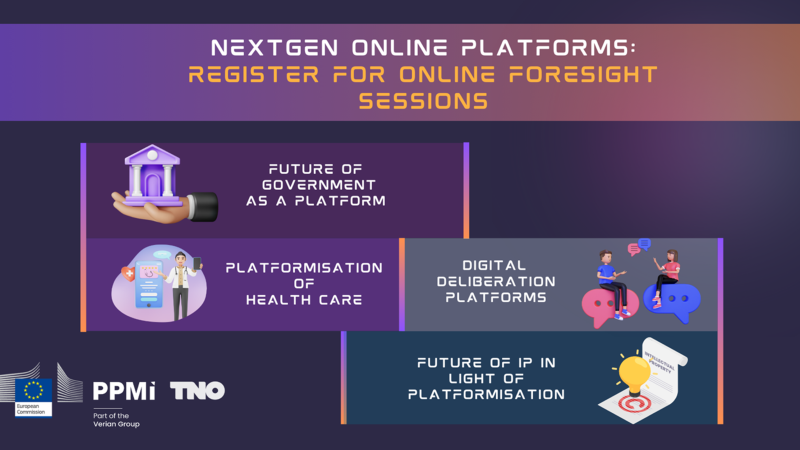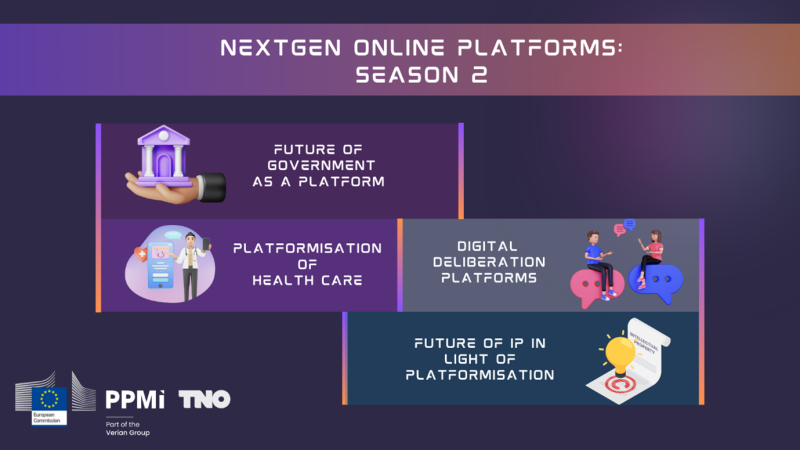We are happy to announce that the European Commission has published the final deliverables from the study “Evaluation of e-Cohesion 2014-2020”. This evaluation study was commissioned by the Directorate-General for Regional and Urban Policy (DG REGIO). It was carried out by PPMI in cooperation with two project partners: rechenwerk and Ismeri Europa.
The key objective of this evaluation was to enable policy learning by evaluating the implementation of e-Cohesion – i.e. the electronic exchange of information between beneficiaries of Cohesion policy programmes and programme authorities – during the 2014-2020 programming period. The evaluation covered the e-Cohesion systems in all 27 Member States for Operational Programmes supported by the ERDF and CF, including programmes under the territorial cooperation objective (Interreg). The evaluation relied on a mixed-methods research design, combining qualitative and quantitative research methods such as a large-scale survey programme and in-depth case studies.
e-Cohesion systems are widely used and have significantly improved the process of information exchange for all users
The data collected indicate a large scope of e-Cohesion: the evaluation mapped 108 e-Cohesion systems, covering all EU27 Member States, including Interreg programmes. Overall, these systems are widely used – especially during the project implementation phase – and are well-developed, with most systems addressing the requirements regarding key principles, processes, functionalities, and data security requirements. The systems and their various aspects enjoy high levels of user satisfaction; both the national authorities and beneficiaries that use e-Cohesion systems believe that the benefits of e-Cohesion are higher than the associated costs. The vast majority also agree that the systems brought about improvements in all aspects of information exchange, compared to paper-based exchanges.
Points for improvement and potential solutions
The key point for improvement regarding e-Cohesion is interoperability with other electronic systems and registers as well as reducing the parallel data exchanges that are still taking place. Based on these and many other interesting findings, the evaluation has synthesised a set of specific, potential solutions for programme authorities, which can be useful for addressing the identified challenges and further improve the electronic exchange of information. The potential solutions are provided in the Final report.
In addition to the Final Report, the key outputs of the evaluation include in-depth case studies of six e-Cohesion systems, a comparative cross-case analysis, and 28 country fiches that provide an overview of the implementation of e-Cohesion in all EU Member States and across Interreg programmes. All outputs are available for download HERE.






